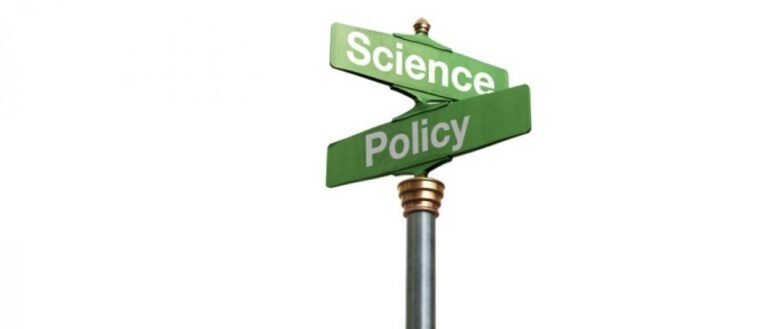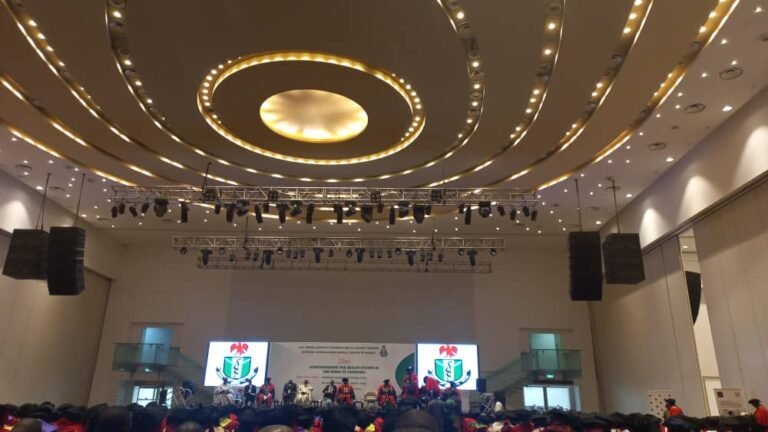Unfavorable working conditions in primary health centers are hindering access to sexual and reproductive health services for young people in Nigeria

Some facts about the sexual and reproductive health of young people Adolescents in low- and middle-income countries (LMICs) contribute an estimated 21 million pregnancies yearly. Half of these pregnancies are unplanned, and half of them end in unsafe abortions. One…









